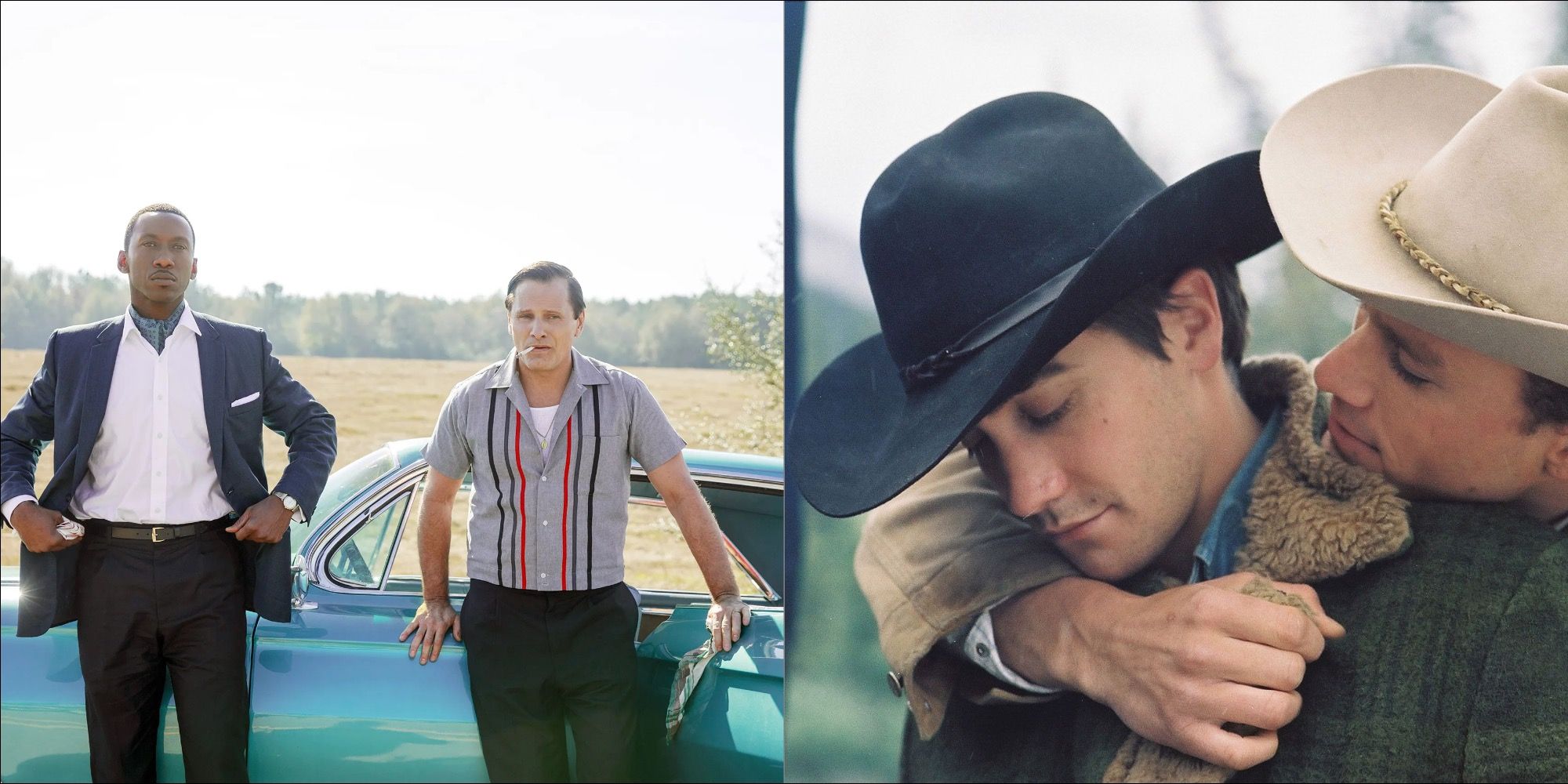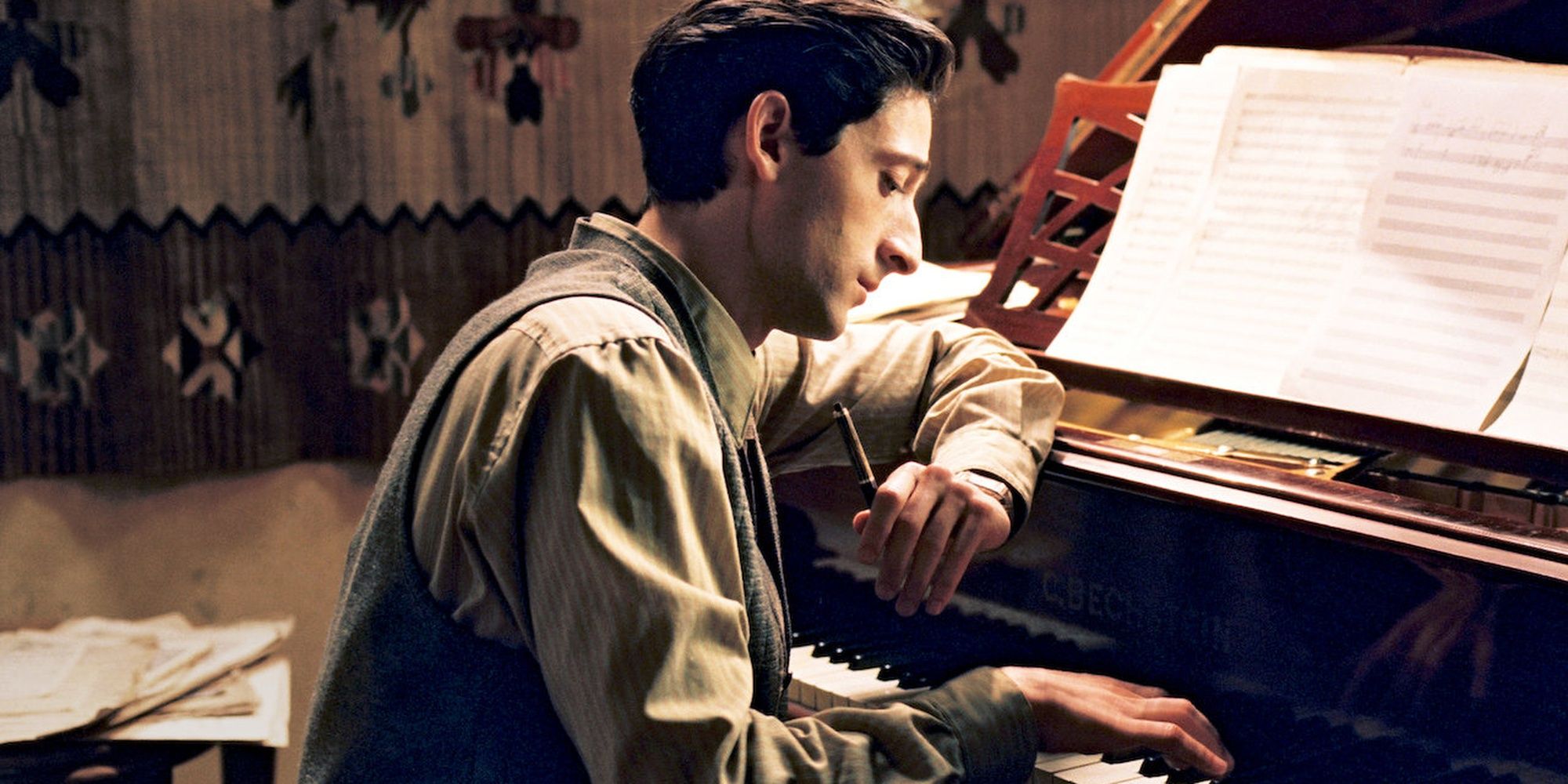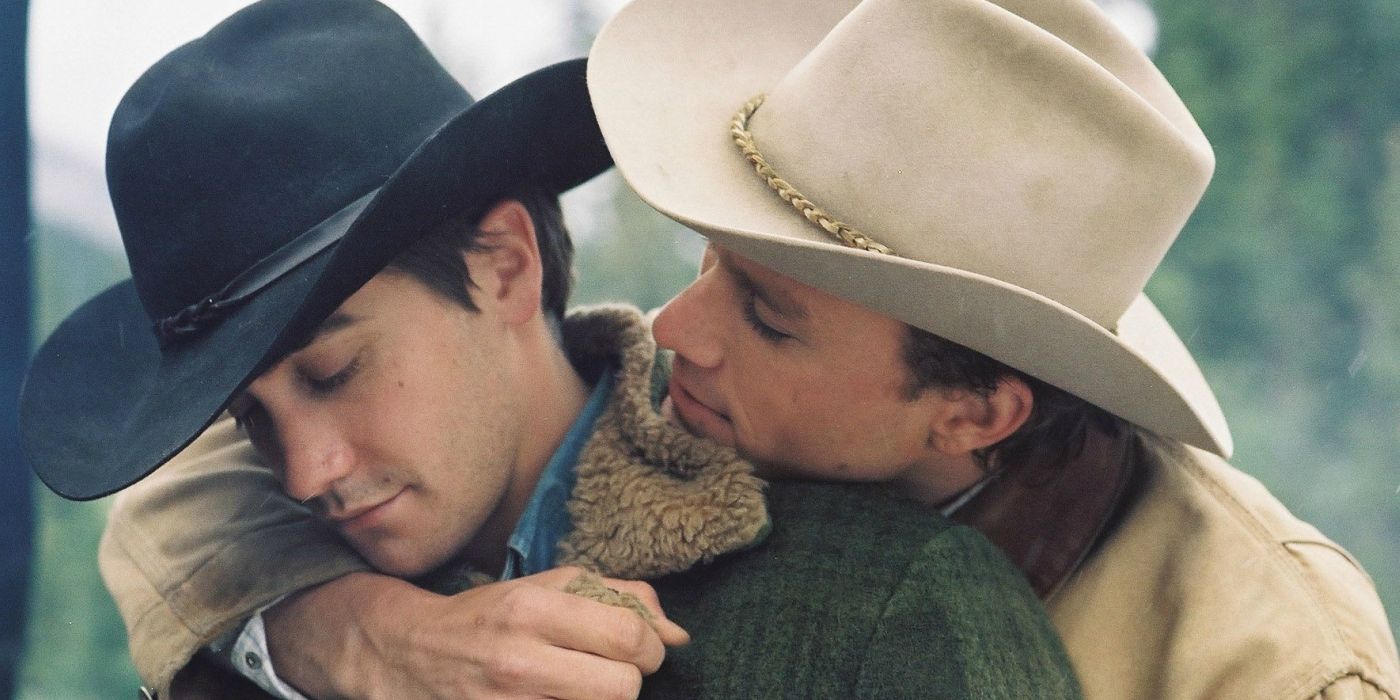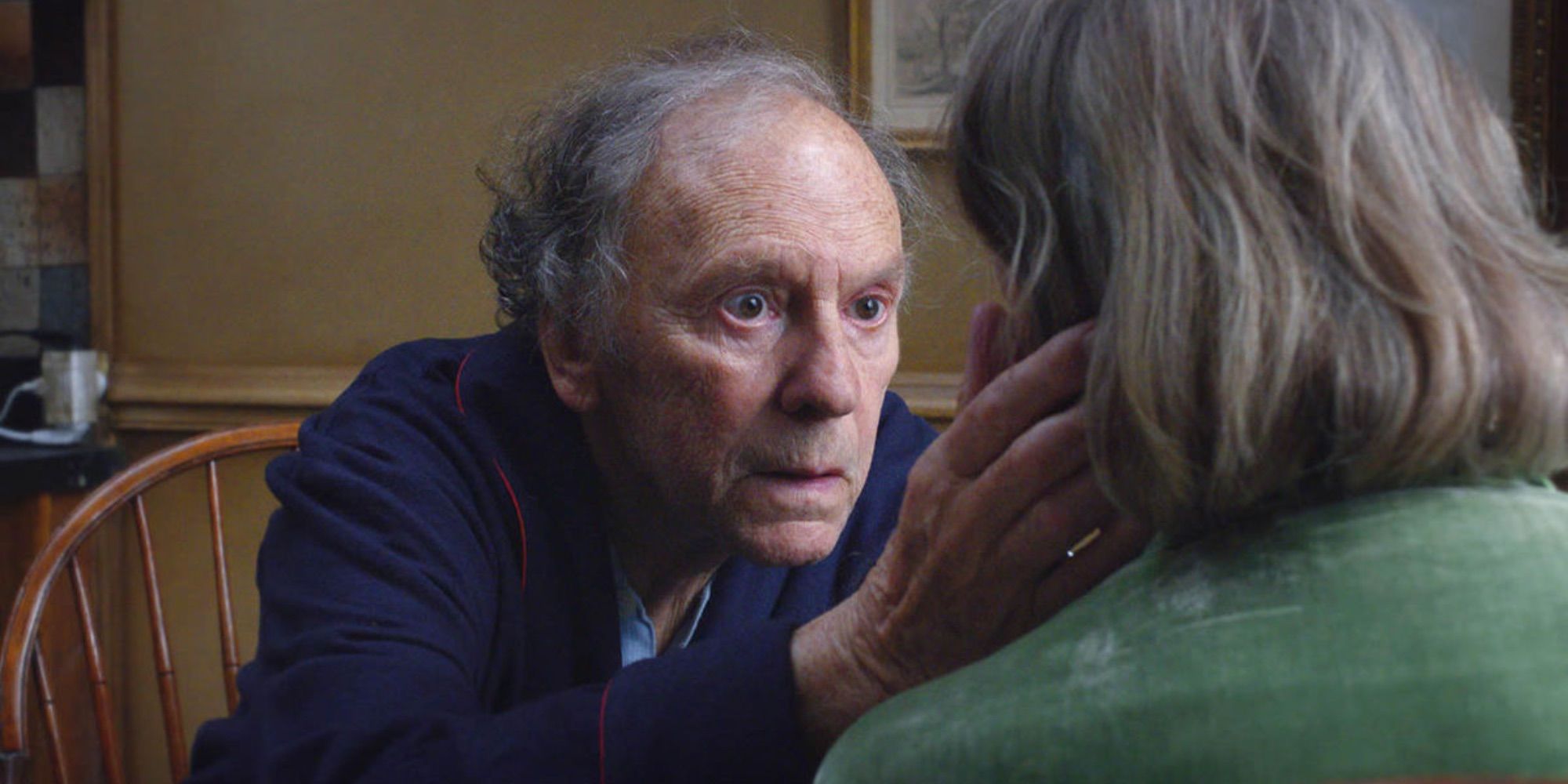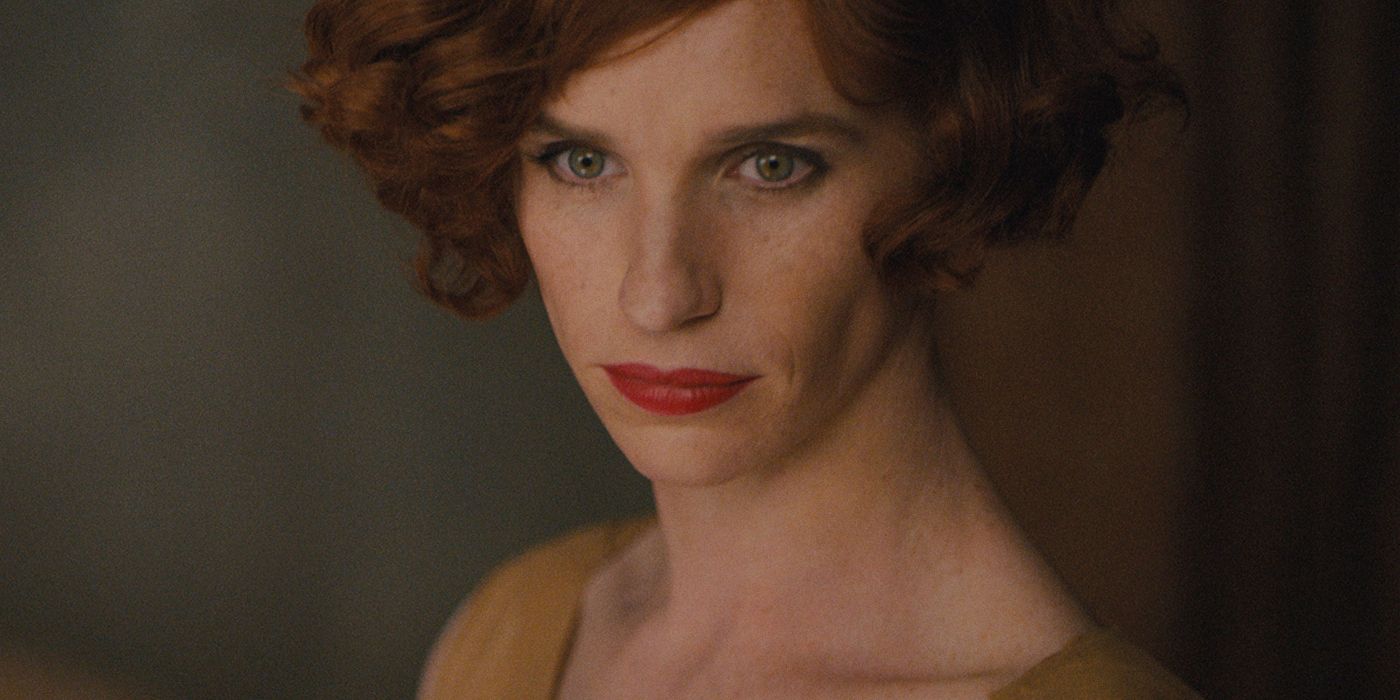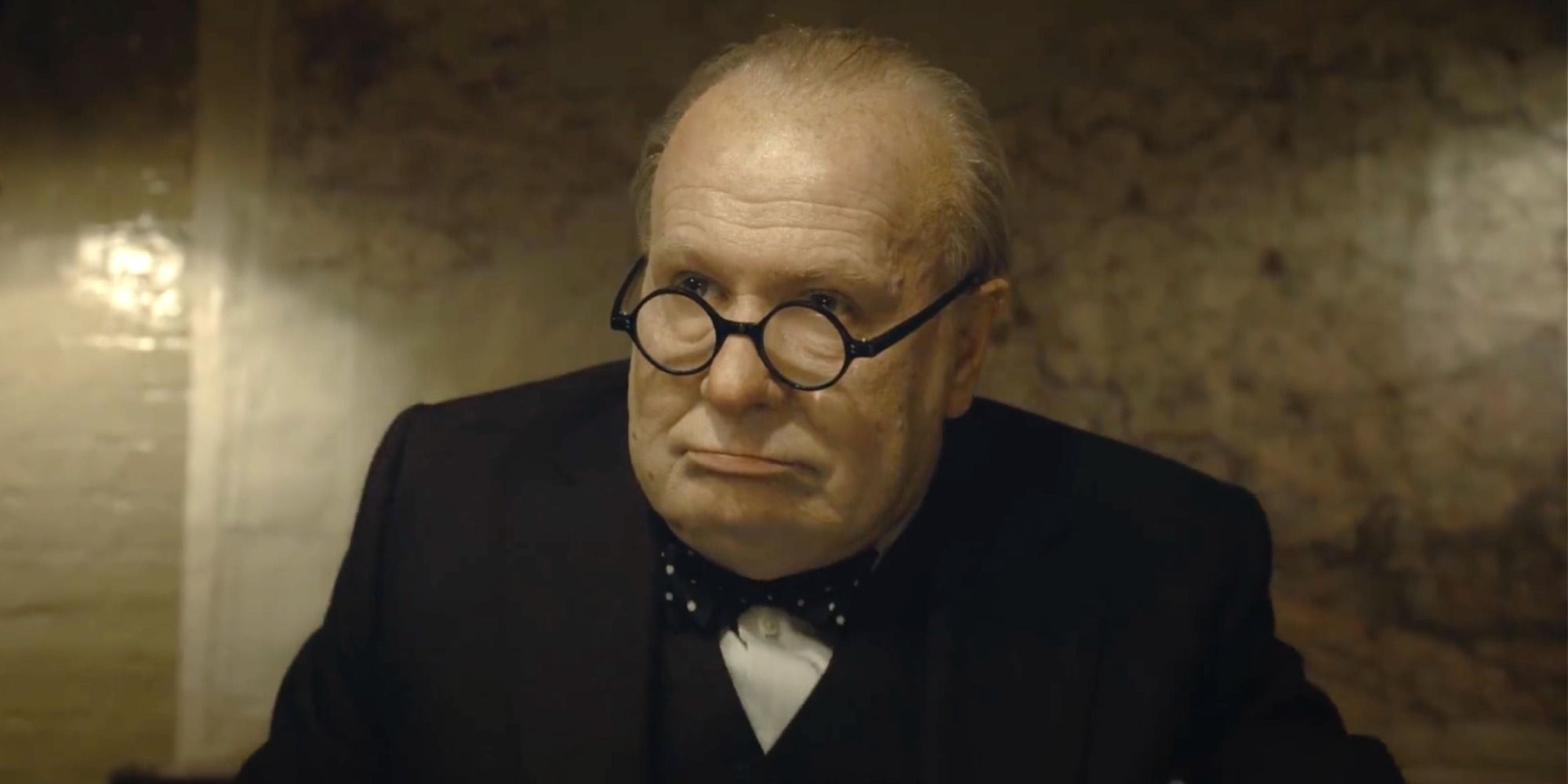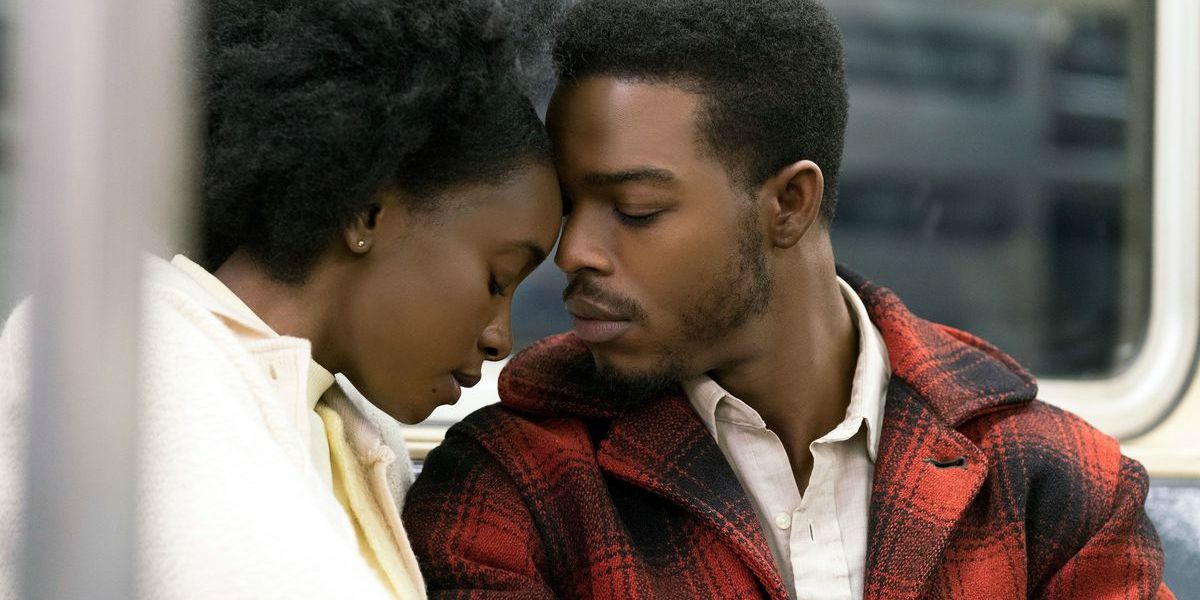In the aftermath of one of the most exciting award seasons of recent years, along with one of the most infamous Academy Award ceremonies the world has ever seen, movie-lovers finally have a respite to reflect on the frenzy of the season as well as other unforgettable moments. While the most seasoned award circuit devotees can predict many outcomes at the Oscar ceremony, each year has its surprising winners and losers that can be difficult to guess.
Moreover, many Oscar voters are influenced by outside factors that often lead them to make unexpected decisions that do not always favor the best films, directors, or performers.
To step away from the exhausting media storm surrounding the recent 94th Academy Awards, let us look back at some of the most surprising outcomes of the Oscars, instances in which Academy voters got it wrong. We will concentrate on 10 Oscar winners and losers from the 21st century to narrow our focus on the Academy's nearly 100-year history.
In the Mood For Love Is Snubbed
Since its release in 2000, famed Hong Kong director Wong Kar-wai's romantic drama In the Mood For Love has become an iconic inspiration to filmmakers ranging from Sofia Coppola to Barry Jenkins. The film's significant legacy as one of the greatest works of this millennium makes it baffling that it was left out of the 73rd Academy Award nominations.
Academy voters have historically been known to ignore many impressive works of international cinema from the major award categories. Still, voters did not even nominate In The Mood For Love for the Best International Film category (then called Best Foreign Language Film), even though it was Hong Kong's submission for that year. Regardless of its Oscar snubs, In the Mood For Love is still celebrated as one of the greatest contemporary works of Asian cinema.
Roman Polanski Wins Best Director for The Pianist
One of the most controversial Oscar Best Director winners of the 21st century was Roman Polanski for The Pianist back in 2003. Although The Pianist, adapted from a Holocaust memoir of the same name, was well-received by critics and audiences alike, much debate surrounds Polanski's win. The director was not even present for the ceremony due to his longstanding arrest warrant in the United States, stemming from a 1977 criminal case that found Polanski guilty of unlawful sexual intercourse with a minor.
After the conviction, Polanski fled to Europe, where he sought refuge and dodged extradition. As the inequities of male authority in filmmaking have been brought to the forefront since the time of his Best Director win, many voices in cinema have spoken out more brashly about Polanski's crimes. Polanski was finally expelled from the Academy in 2018.
Brokeback Mountain Loses Best Picture
Film lovers will never cease to mourn Brokeback Mountain's Best Picture snub at the 78th Oscars back in 2006. A monumental work of cinema that moved mountains (no pun intended) in terms of queer representation in the mainstream, Ang Lee's Brokeback Mountain is a masterful work of poetry that holds up to this day. Upon release, Brokeback Mountain was universally hailed by critics for its direction, performances, and adaptation of a short story.
Ultimately, it is believed that Brokeback Mountain lost Best Picture just because of its queer storyline, which was ahead of its time in popular culture since LGBTQ+ visibility was still barred from the mainstream. As a result, Brokeback Mountain lost Best Picture to Crash, a film that attempted to capture social and racial issues in contemporary America with little success.
Amour Wins 1 Oscar And Loses 5
In 2013 at the 85th Academy Awards, Michael Haneke's Amour was nominated for five Oscars but ultimately only took home one win for Best International Film. A French-language movie made by one of the world's greatest living filmmakers, Amour serves as one of Haneke's most sensitive and moving works. Critically hailed, Amour won the Palme D'or after its Cannes premiere and swept the European Film Awards and the Césars (the French equivalent of the Oscars).
Yet, regardless of the film's tremendous accomplishments, the Academy overlooked Amour in the Best Picture, Best Director, Leading Actress, and Original Screenplay categories. Undoubtedly one of the best-crafted films in an Oscar year that included such films as Argo, Lincoln, and Silver Linings Playbook, Amour was overlooked by Academy voters who should have platformed the movie for its beautiful and tragic reflections of love and life. Since 2013 the Academy has been much more receptive to international films breaking through to the most-prominent categories (Parasite's historic wins in 2019), so films as profound as Amour should not be left out of future Oscar conversations.
Rooney Mara loses Best Actress In A Supporting Role For Carol
One of the Academy voters' most significant oversights of recent years was at the 88th Oscars in 2016, when Rooney Mara lost in the Best Supporting Actress category. Mara had received universal acclaim for her role as Therese Belivet in the LGBTQ+ masterwork Carol, beginning with her Best Actress win at Cannes Film Festival, where the film premiered.
In her performance as Therese, Mara delivers the layered intelligence and tenderness needed to communicate her complex character to audiences. Unfortunately, Mara ultimately lost the Best Supporting Actress Oscar to Alicia Vikander, whose contentious role in The Danish Girl was considered by many to be a lead performance and out of place in the category.
Eddie Redmayne's Best Actor Nomination for The Danish Girl
British actor Eddie Redmayne received his second Best Actor nomination at the 88th Oscars in 2016 for his leading performance in The Danish Girl. Very loosely inspired by the real-life story of Lili Elbe, one of the world's first recipients of gender-affirming surgery in the 1930s. The Danish Girl received largely negative responses for its casting of Redmayne, a cisgender man, as Elbe, a transgender woman.
While Hollywood productions have had a rocky track record of miscasting across race and gender identity, The Danish Girl stands out as a much too contemporary example of this wrongdoing, released only seven years ago. Ultimately, Redmayne did not win the Best Actor Oscar for his performance, and in 2021 he even spoke publicly about his role in The Danish Girl.
Gary Oldman Wins Best Actor For Darkest Hour
In 2017 Gary Oldman took home the Oscar for Best Actor For his second nominated role as Winston Churchill in Darkest Hour. Disappearing into the role of Churchill, the iconic Prime Minister who led England through World War II, Oldman's performance garnered acclaim from critics and audiences alike. However, the 2017 race for Best Actor at the Academy Awards was a solid year, with nominees including Daniel Day-Lewis for Phantom Thread, Timothée Chalamet for Call Me by Your Name, and Daniel Kaluuya for Get Out.
While the other nominated actors delivered nuanced, complex performances in daring roles, Oldman's was the more-obvious "Oscar-bait" part. Laden with heavy prosthetics and portraying an important historical figure, Oldman's win followed in the footsteps of other Oscar winners, including Helen Mirren for The Queen and Meryl Streep for The Iron Lady. Although Oldman's praise for his take on Churchill in Darkest Hour is worthy, it is arguable that he delivered the most remarkable performance out of the Best Actor category at the 90th Academy Awards.
If Beale Street Could Talk Is Overlooked
At the 2019 Academy Awards, If Beale Street Could Talk, Barry Jenkins' follow-up to the Best Picture-winning Moonlight, was largely shut out of the major Oscar categories of the evening. If Beale Street Could Talk ended up with three nominations - Best Score, Best Adapted Screenplay, and Best Supporting Actress, the latter of which ended up being the film's only win of the evening for Regina King's fantastic performance.
Adapted from a James Baldwin novel from 1974 of the same name, Jenkins captured the loving bond of a fledgling black couple in Harlem who face extreme injustice when one of them is falsely accused of a crime they did not commit. As sumptuously beautiful and emotional as Moonlight, Barry Jenkins should have received Best Director and Best Picture nods and a Cinematography nomination for James Laxton. The sophisticated restraint of If Beale Street Could Talk and its soft release strategy did not land well with Oscar voters, who ultimately overlooked the film's impressive achievements and left it off the final nominations.
Green Book Wins Best Picture
At the 91st Academy Awards in 2019, Green Book, directed by Peter Farrelly, surprisingly took home the Best Picture win. In a year full of solid front-runners that included Alfonso Cuaron's Roma and Yorgos Lanthimos' The Favourite, Green Book stood out for the wrong reasons, representing a film centered around white savior complexes and outdated perspectives on race relations in the United States.
Farrelly, best known for directing comedies including Dumb and Dumber and Shallow Hal, has never exactly stood out in a room full of auteur filmmakers, making Green Book's Best Picture win even more surprising. Many audiences of the 91st Oscars were shocked when Green Book was awarded the Best Picture win, perfectly exhibited by Spike Lee's iconic attempt to exit the ceremony following the big announcement.
My Octopus Teacher Wins Best Documentary Feature
The 93rd Academy Awards were an abnormal event, platforming many unlikely indie films in a moment when the movie industry was forced to pivot to deal with the trying times of the global pandemic. In alignment with those strange times, the Oscar for Best Documentary Feature went to an improbable winner, My Octopus Teacher.
Directed by Pippa Ehrlich and James Reed, My Octopus Teacher is a nature documentary centering around the peculiar bond that a South African naturalist believes he has forged with - you guessed it - an octopus. While many audiences may have been sentimentally drawn into this unlikely relationship, critics disapproved of My Octopus Teacher's manipulative anthropomorphization of its animal subject. The 93rd Oscars included many phenomenal Best Documentary nominees, such as the critically hailed Time and Collective. Yet, that year Oscar voters chose to settle with the lowest common denominator, My Octopus Teacher.

